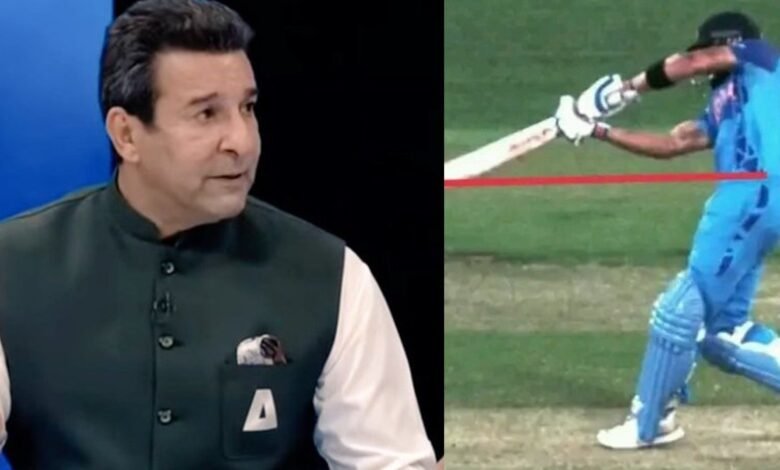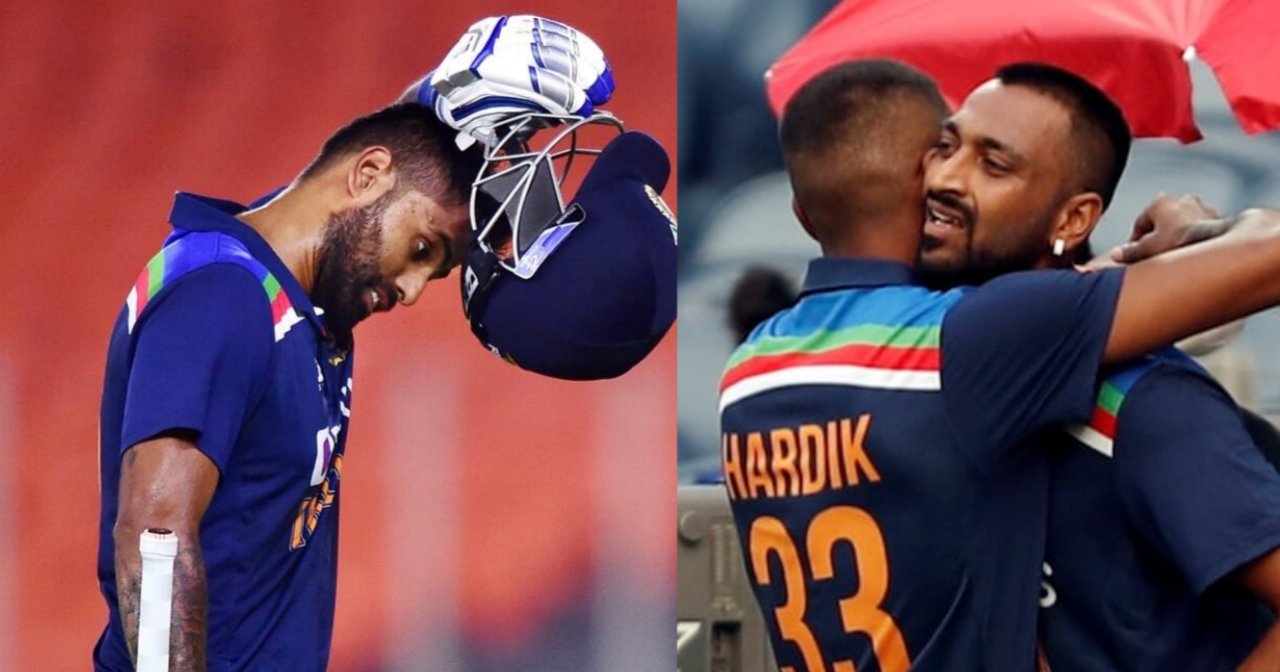“Batsman well within his rights to ask for no ball, but umpire should have referred it upstairs,” Wasim Akram has his say on controversial no ball decision in India-Pakistan World Cup game
The 4th delivery of the 20th over of Indian innings was called a no ball for height and it became a subject of controversy

The former Pakistan captain Wasim Akram is of the opinion that Virat Kohli was well within his rights to ask for a no ball for a waist-high full toss in the last over of the match against Pakistan which was bowled by Mohammad Nawaz, but if it was a marginal call and the square leg umpire was not sure, he should have referred it to the third umpire and should have used the technology that was available.
The Pakistan players present on the ground at that point time were also complaining that the square leg umpire Marais Erasmus didn’t signal for the no-ball straightaway and the signal came quite late from him after the batsman asked for it.
But, umpire Marais Erasmus could have sent it to the third umpire to check a waist-high no-ball only if the batsman was dismissed off that delivery. Since that ball went for a six, Erasmus had to make the decision on the ground itself on the basis of his first look.
The reason why Erasmus delayed his call was that he looked back towards the square leg boundary to find out if the ball was caught by the fielder or not. If it was caught, he could have referred it to the third umpire to check the height of the ball when it reached the batsman.
The ball went for a six, after which Erasmus had to make a call on the ground and he ruled it a no-ball. That no ball proved to be very crucial in the context of the game, as India got an extra delivery, and then they got three runs off the free hit delivery, off which Virat Kohli was actually clean bowled.
If technology is available, use it: Wasim Akram
Wasim Akram, when he was asked about the no-ball issue on Pakistani channel A sports, he said the technology had to be used when available because the batsman, in any case, would ask for the no-ball. The umpire can’t give it until he is sure.
Wasim Akram "It was such a crucial game & I think umpires should have used the available technology before giving it a no ball straightaway. Virat Kohli's reaction was obvious, any batter would have done that. For me, it was touch & go" (Via A Sports) #INDvsPAK #Cheating #NoBall pic.twitter.com/vz5X6huhBo
— Ahmad Haseeb (@iamAhmadhaseeb) October 24, 2022
Erasmus, however, seemed to call the no-ball late because he wanted to check the eventual outcome of the ball and not because of the batsman’s pressure.



